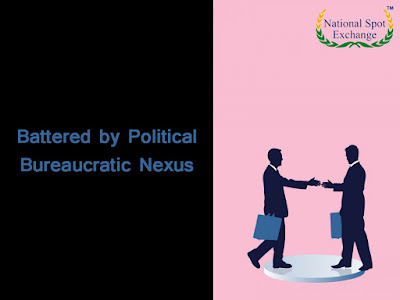63 moons technologies limited (formerly known as FTIL Group) was among the first companies in the mid-90s to make financial market trading products from India and its ODIN suite of products has a second largest market share in Trading Terminal segment globally.
Built with painstaking attention by the promoter company FTIL to ensure quality and best-in-class infrastructure, the companies attracted industry leaders from across the world and good valuation during the acquisition process. MCX, set-up by FTIL, is the second largest commodities exchange in the world in a short span of 10 years and is also recognized for multiple innovations in the world.
Read Also - 63 Moons Rings In Digital Disruption In Financial Technology































